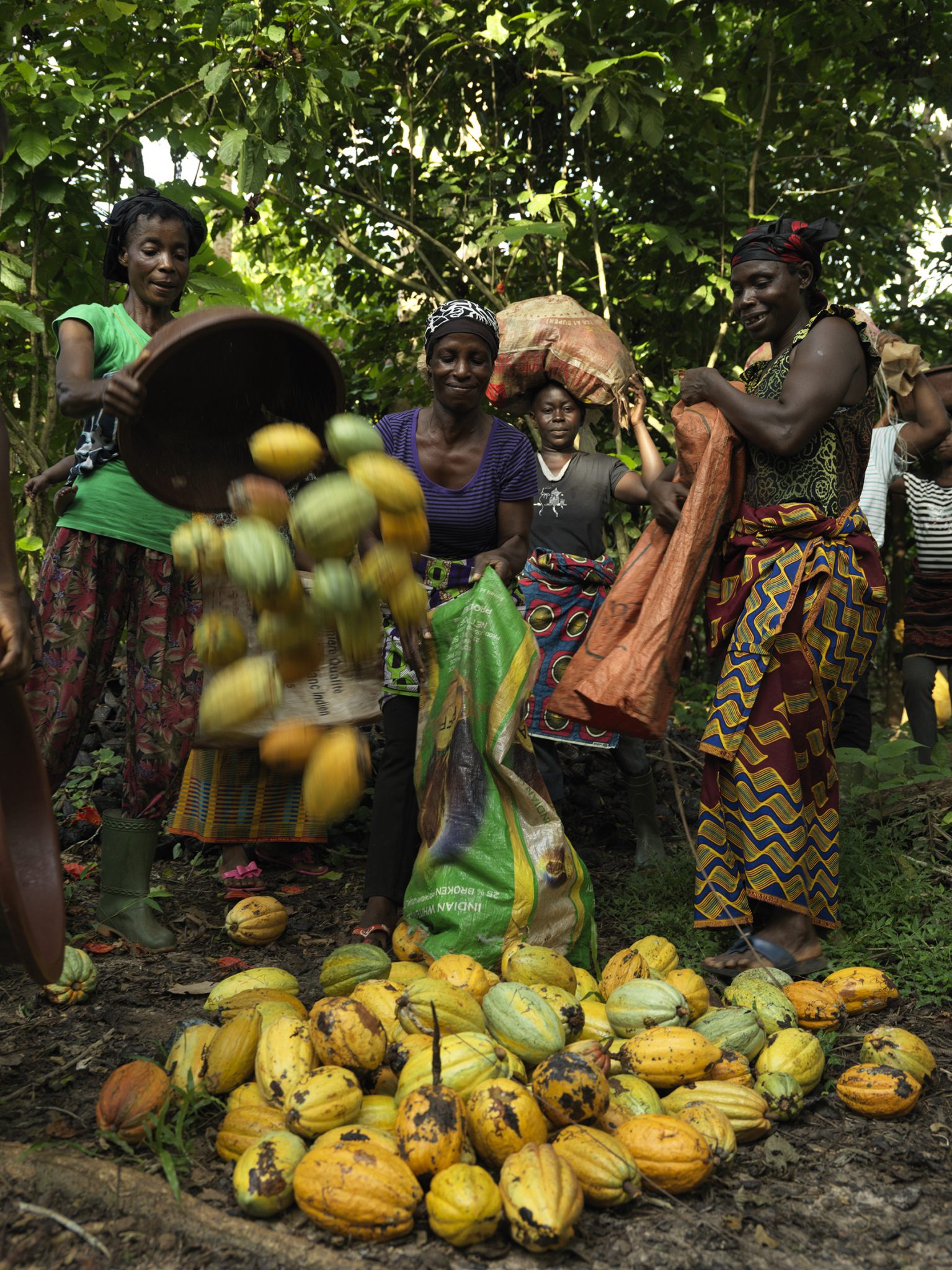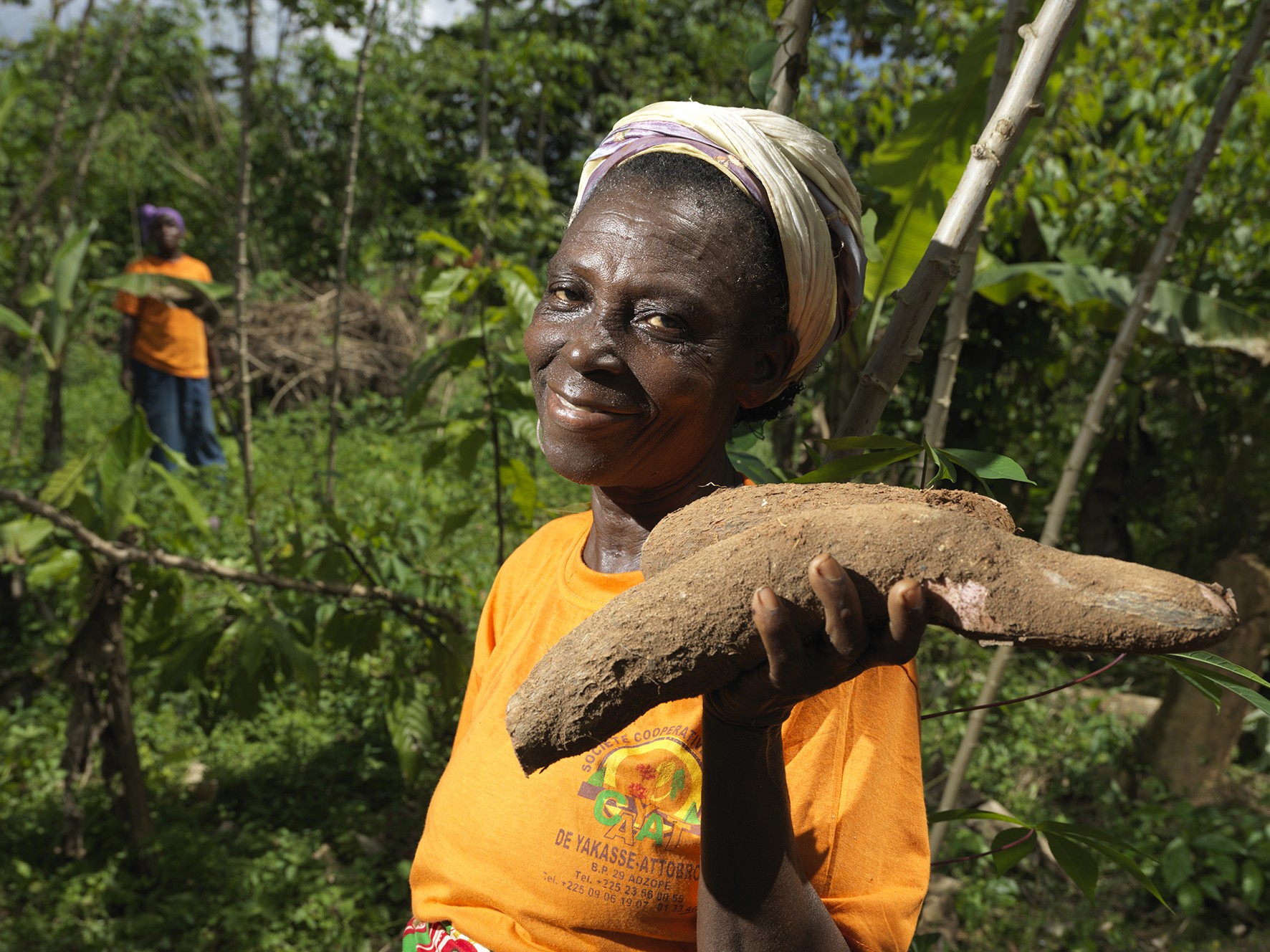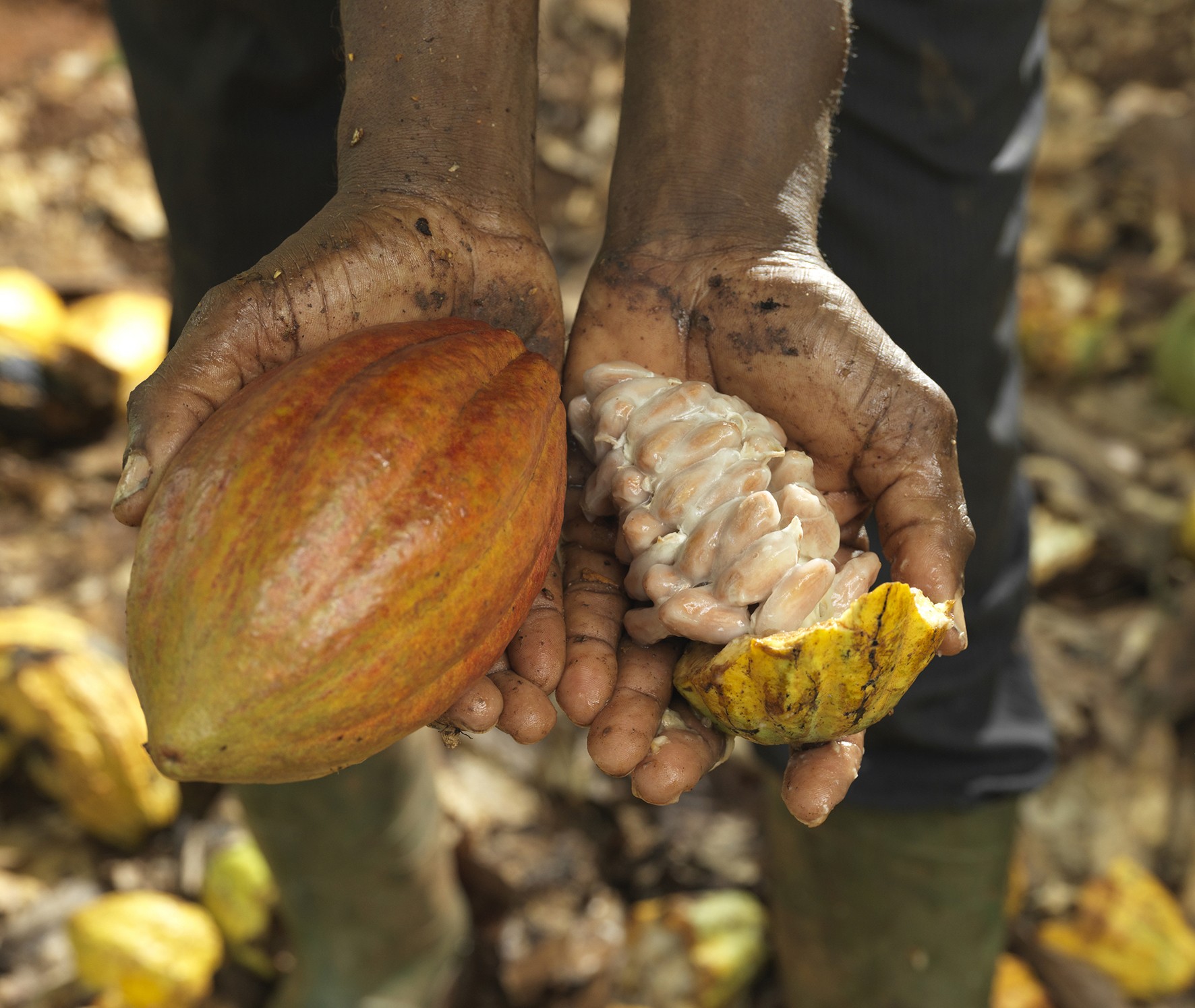The UK is one of the most developed consumer markets for Fairtrade products. In 2016, the retail value of Fairtrade products in the UK was £1.6bn, with a 7% increase in 2017 due to new commitments in categories like flowers and wine.
Yet Brexit could see trade rules rewritten and new trade deals negotiated, a process which threatens huge impact on Fairtrade producers. And last September the Fairtrade Foundation warned a no-deal Brexit could impact negatively on developing country exporters who depend on trade with the UK.
It said the imposition of tariffs and other barriers after Brexit would increase the cost of trade with developing countries – something which is already a concern because of the devaluation of the pound. The foundation said this could force companies to switch their sourcing arrangements, ending long-term relationships with suppliers.
Furthermore, the burden of increased tariffs and other costs could be pushed down onto producers and workers, while the currency devaluation could also affect Fairtrade companies importing from developing countries.
Finally, Brexit could see companies stepping back from existing Fairtrade commitments, leading to smaller volumes being bought on Fairtrade terms and the movement having less leverage on issues such as living wages. There would also be fewer investments in programmes.

The report argues that a successful Brexit outcome for developing countries depends on securing a ‘transition period’. The Fairtrade Foundation suggests the UK could replicate the EU Everything But Arms (EBA) initiative, which grants duty-free quota-free (DFQF) access to the Least Developed Countries (LDCs). In the case of developing countries that do not qualify for EBA, the UK could negotiate a rollover of existing EU trade agreements with developing countries as announced.
In a no-deal Brexit scenario, the UK would leave the EU without an associated transition period, meaning that existing EU trade deals will not apply beyond 29 March 2019.
Related: Fairtrade Fortnight 2019 and how you can help cocoa farmers
The UK has stated its intention to roll over existing deals including the Economic Partnership Agreements (EPAs) and other Free Trade Agreements (FTAs). However, the Foundation fears changes to these deals are likely, and there is no guarantee that this will be possible in such a short time frame, especially in the case of the ‘interim EPAs’.
The EU’s preferential trade agreements cover 71 countries. The UK has so far agreed deals with only seven countries covering only £16bn of the £117bn
of British trade with these countries.

The UK has rolled-over the FTAs that the EU had concluded with Switzerland, Chile, the Faroe Islands, Madagascar, Mauritius, Seychelles and Zimbabwe.
It also signed a continuity agreement with Israel.
Fairtrade warns that Brexit renegotiations could also see some tariffs lowered – for example, for wealthier banana exporters, which would make it harder for poorer and smaller countries to compete.
It has made a series of recommendations to the UK government, such as ensuring that developing countries do not lose their market access after Brexit, and building a future UK-EU agreement that supports trade with developing countries.
It also wants to protect developing country producers from any negative impacts of Brexit, and maximise any opportunities to increase existing protections for them.

Legislation should be amended, it adds, to ensure development impact and the UN Sustainable Development Goals are is considered when setting tariffs and wider trade policy. And it wants to see an ‘Aid for Fair Trade’ Fund, to drive development impact through trade.
On a more positive notes, the report says Brexit offers some opportunities. For instance, the UK could improve the rules of origin that apply to developing countries to allow for full regional cumulation in support of existing and emerging customs unions.
Furthermore, the UK could introduce a “generous preference scheme”, which applies to a greaternumber of countries and extends to a greater range of products than the current EU Generalised Scheme of Preferences. This would allow vulnerable developing countries to pay fewer or no duties on exports to the EU. Leaving the EU could also open up an opportunity to develop a new UK policy on sugar, which supports developing country market access.
But the Foundation believes these opportunities only apply if there is a transition period, and Brexit per se will not deliver improvements. It will be up to the UK government to pursue these improvements via specific policy options, adds the report.
“Our position remains that we want the government to avoid no deal – anything that causes economic shocks would hit poor producers the hardest,” says Susannah Hefty, senior media and communications manager at the Fairtrade Foundation. “It is really important that trade with developing countries doesn’t suffer, we are therefore urging the government to think about Fairtrade and living incomes as they make their final Brexit decision.”